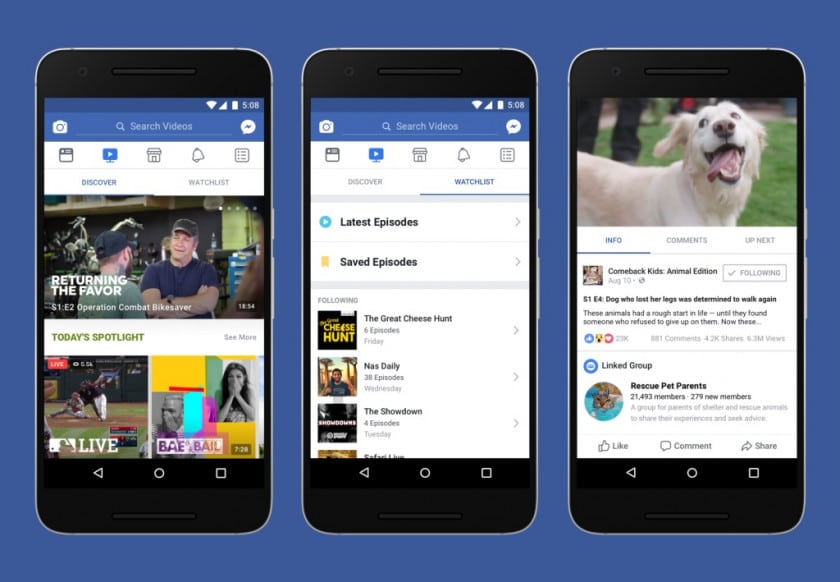
Facebook Messenger which started as an online messaging service offered by Facebook and slowly morphed into a stand-alone app, has now gone a step ahead and has gained the ability make group voice calls.
So far, the app was constantly playing catch-up to other messaging and calling apps, and this is the first time it has overtaken its competitors: WhatsApp (the one that killed SMS), Viber (the prodigal child) and Skype (the one that started VoIP). None of the others offer free group calls on mobile platforms as a part of its feature roster.

Though Facebook started its bid to capitalise on the smartphone VoIP craze a little late, they have managed to cover a lot of ground over the past two years. They introduced peer to peer VoIP calls in 2014, added videos calls, and subsequently allow you to contact people that aren’t in your friend list – thus allowing you to unfriend your mum but call her on the cheap when you need gas money.
With all these changes made, it is not a shocker when Zuckerberg says, ‘[sic] Messenger already made up 10 percent of all mobile VoIP calls globally.’ within a year of it launching VoIP on Messenger.

The new group calling feature, like most releases by Facebook, comes with a nifty set of functionality that improves the user interface and maximises its potential. For group calls, this means being able to join a call even if you missed the initial invite and being able to call 50 people at once. It also allows you to re-invite those that missed the call as well as see the participants that have joined the call. For now this is limited to voice calls only, but Facebook does plan to expand into group video calling and by doing so, it would most likely threaten the dominance of Skype in that segment.
The update rolls out globally over the next 24hrs, so it should be reaching you soon. It is available for both Android and iOS devices and all you need to do is update the app.
In the battle for replacing grandpa SMS, do you think Facebook has the lead or do you still rely more on traditional message based services? Let us know in the comments.
[Via TechCrunch]

















